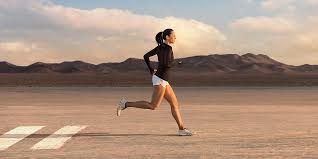Re: Hunchback
the usual studies seem to be about tai chi vs walking, e.g. in this one, tai chi (despite not being "aerobic exercise") was more effective than brisk walking in cardiovascular health indicators (like BP).
https://www.ncbi.nlm.nih.gov/pubmed/30195124
since the #1 accident risk in the elderly is falling, getting better balance by deliberate practice is no doubt super important and probably better achieved via taiji than via walking. of course, musculoskeletal health and the relationship to cardiovascular health is really only one kind of health and those of us doing too much sport as weekend warriors are also getting various injuries that probably aren't so common in the senior center or wellness center taiji or yoga programs.
https://www.ncbi.nlm.nih.gov/pubmed/30195124
since the #1 accident risk in the elderly is falling, getting better balance by deliberate practice is no doubt super important and probably better achieved via taiji than via walking. of course, musculoskeletal health and the relationship to cardiovascular health is really only one kind of health and those of us doing too much sport as weekend warriors are also getting various injuries that probably aren't so common in the senior center or wellness center taiji or yoga programs.
 . But, I personally prefer salsa.
. But, I personally prefer salsa.